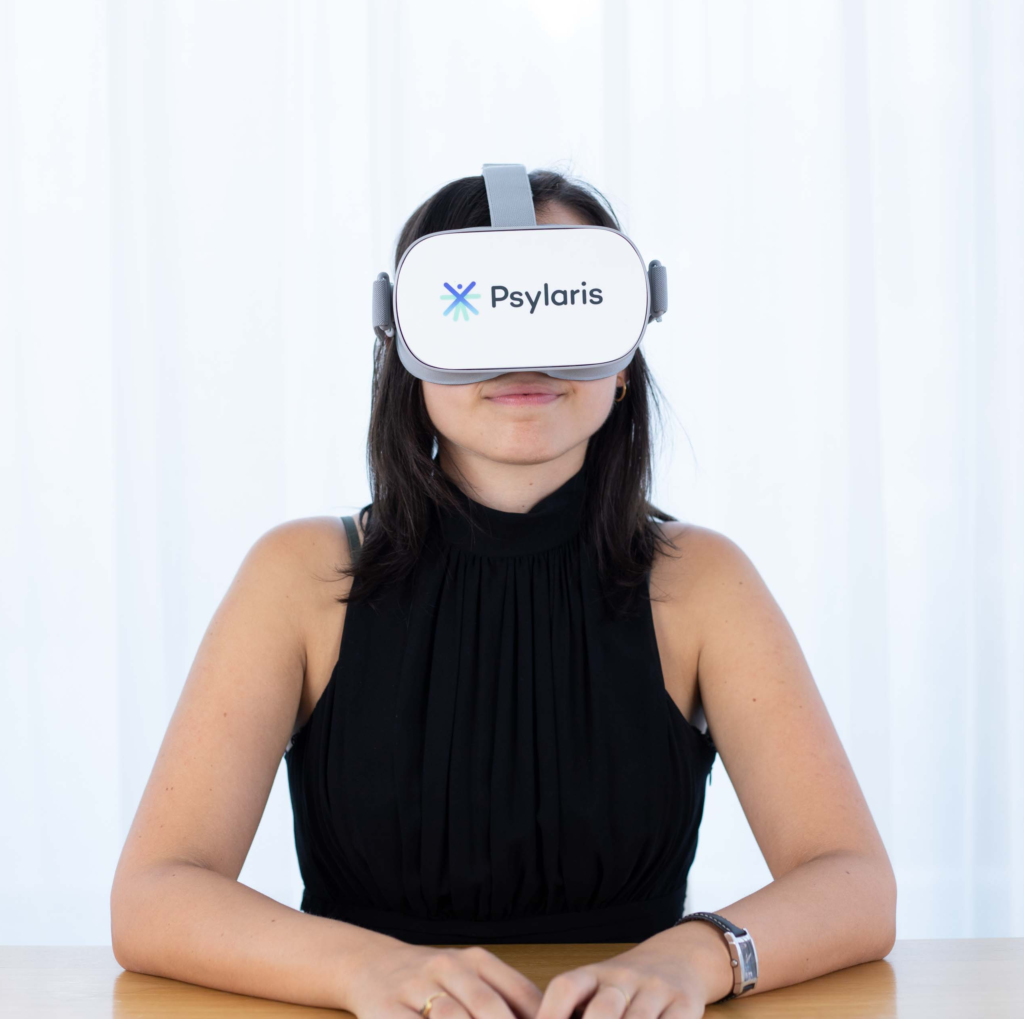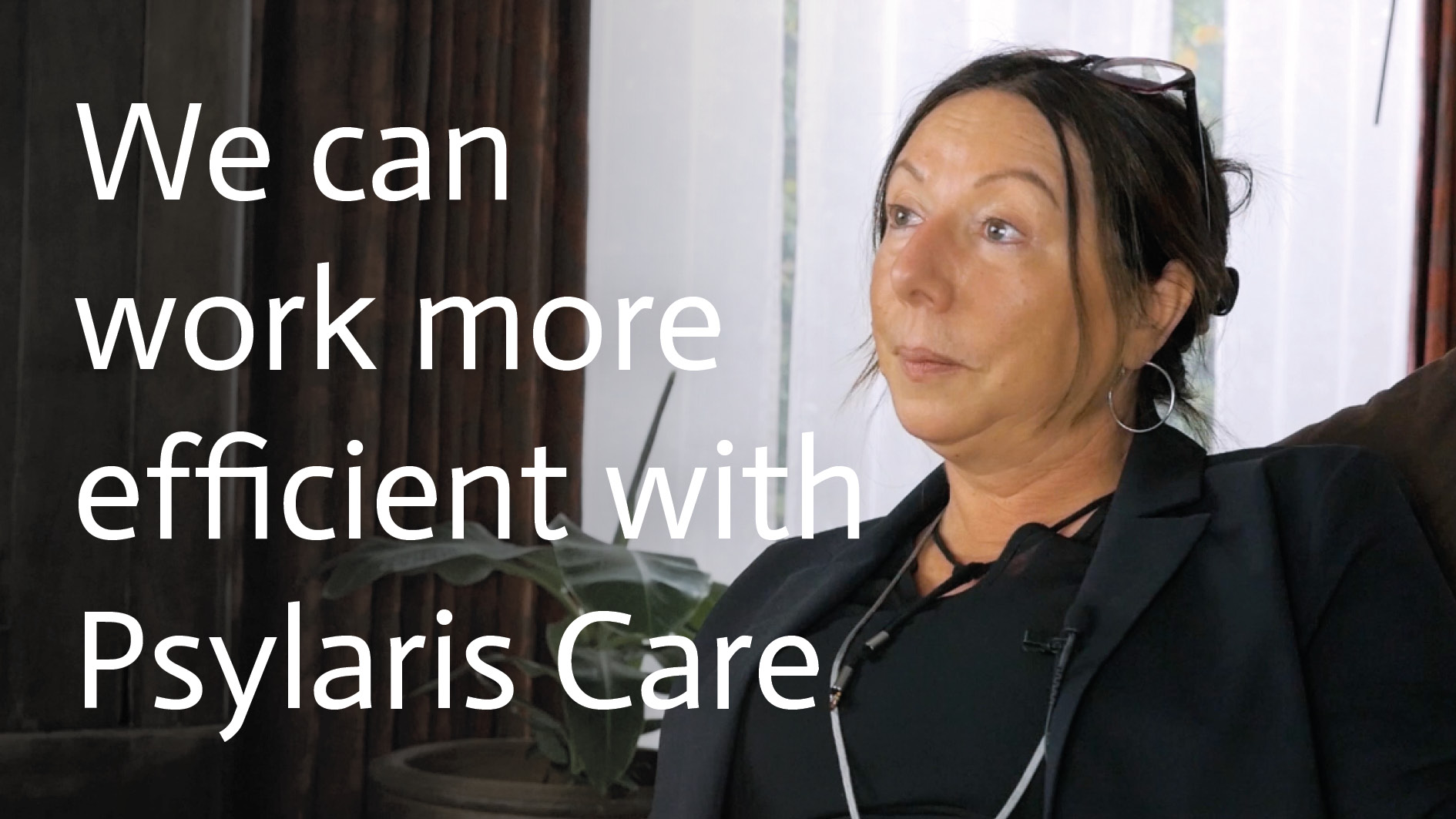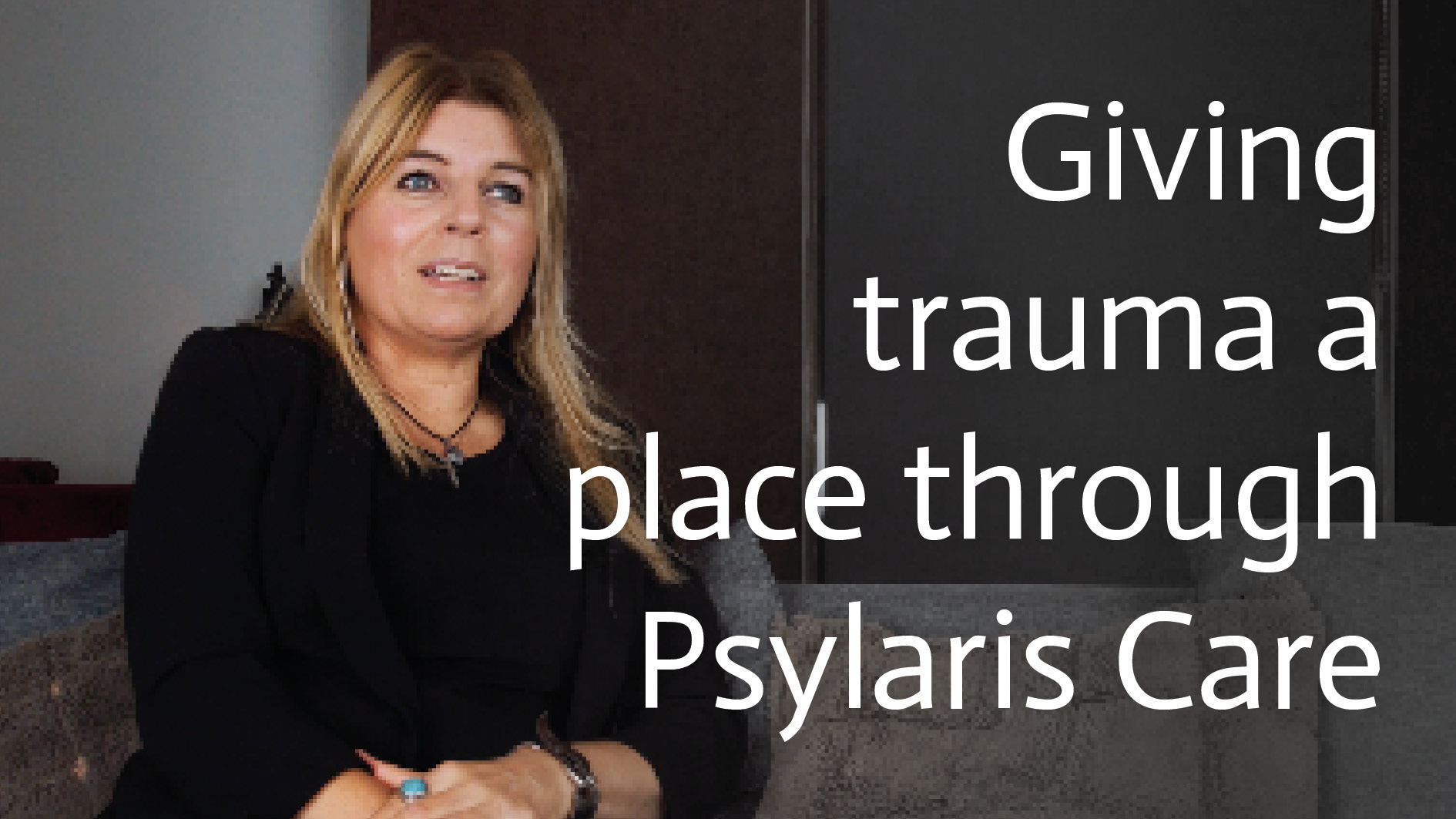950+
Organizations use Psylaris products
7500+
Therapists use our software worldwide
100.000+
Completed sessions with our applications
Avoidant personality disorder is a disorder in which you have a need for contact with others, but are afraid of it. You feel inferior in front of other people, and you are afraid of humiliation and rejection. In fact, you are constantly thinking about what others might think of you, and you never think in positive terms, but assume the most negative scenario.
Of course, not everyone who is a bit shy has a personality disorder. Even if you function normally, you can be a shy or introverted person. It becomes a problem when these characteristics are such that it interferes with daily functioning. Extreme shyness is one of the characteristics. Because you are afraid to be rejected, you have an extremely low self-image, you don't really see any positive points of yourself. It is also a form of self-protection. By feeling inferior, you can better cope with the blow if other people feel the same about you. Of course, this is nonsense and you tell yourself that you are not good enough.

The extreme shyness and distance you maintain from other people also contribute to a high risk of social isolation. This is unfortunate, because people with an avoidant personality would love to have contact with others, only their personality disorder prevents them from doing so. Your shyness also gets in the way of developing activities with others. You consciously avoid certain social situations, because you are afraid of being embarrassed. Even starting a relationship is difficult, because you will avoid physical contact as much as possible. In severe cases, you develop an anxiety disorder, such as agoraphobia. All this leads in many cases to social isolation, so that you have little or no contact with others.
In most cases, an avoidance disorder develops in childhood. The cause may lie in a variety of different factors. Hereditary predisposition often plays a role. But this does not necessarily have to lead to a disorder. You are often somewhat introverted, but you still function normally. If you have had unpleasant experiences in childhood or adolescence, such as bullying or rejection, this can lead to an avoidance disorder. It can then help to follow a treatment that focuses on a possible traumatic event.

Different types of treatment can be chosen for avoidance disorder. Cognitive behavioural therapy and social skills training can provide support in dealing with symptoms and feeling more confident. If the cause can be found in a traumatic experience that took place as a child or during childhood, an EMDR treatment can be very effective.
When you choose EMDR therapy, you do this in the first place to get rid of a traumatic experience that keeps coming back and is the cause of an avoidance disorder. EMDR focuses on trauma processing, in which distraction from thinking back to the event in question is central. During the session, the practitioner will use a hand gesture that you have to follow or will make a sound signal through headphones during the reliving of the traumatic event. By constantly distracting, the trauma slowly gets a place and you can recall the event with less emotion. You may still have to follow treatment for the avoidance disorder, but the symptoms can already be greatly reduced after the trauma treatment.
Psylaris is working on handy functionalities for the GGZ. With this, EMDR does not necessarily have to take place in the treatment room. With EMDR-remote. For example, Psylaris has developed a convenient online platform. The platform can be easily accessed via the web browser and contains a stable video-calling facility. With this, an EMDR treatment can be given remotely, while the client is sitting at home. With the various distraction tasks, the client is digitally distracted.
Virtual reality has also made its appearance in the GGZ. Psylaris has developed various modules for this, including EMDR-VR. The client wears VR glasses and, during a distraction, completely enters the virtual world. Distraction tasks through virtual reality are therefore very intense and can be developed by the practitioner himself with his own photos and videos. Virtual reality also offers the possibility of remote EMDR treatment.

As a developer of modern methods and tools in mental healthcare, Psylaris has also made EMDR easy with modern techniques. Virtual reality, for example, plays an increasingly important role in the GGZ. With EMDR-VR Psylaris has developed a VR module. The module can easily be used by the practitioner and has many distraction possibilities. The client gets a more intense distraction than during a regular treatment. The VR glasses can be used both at home and in the treatment room. This makes both the practitioner and the client more flexible.
If the client is unable to come to the treatment centre, Psylaris uses EMDR-remote to make it possible to receive EMDR treatment at home. EMDR-remote is the online EMDR platform of Psylaris, where the practitioner and the client can conduct an EMDR session via video calling. Again, the practitioner has many possibilities to distract and the client, who is chained to the house, is still being treated.
We believe with the combination of intelligent software and qualified therapists we can develop a system in which everyone, anytime and anywhere has direct access to efficient and affordable psychological care.




This website uses cookies to ensure that you get the best experience on our website.